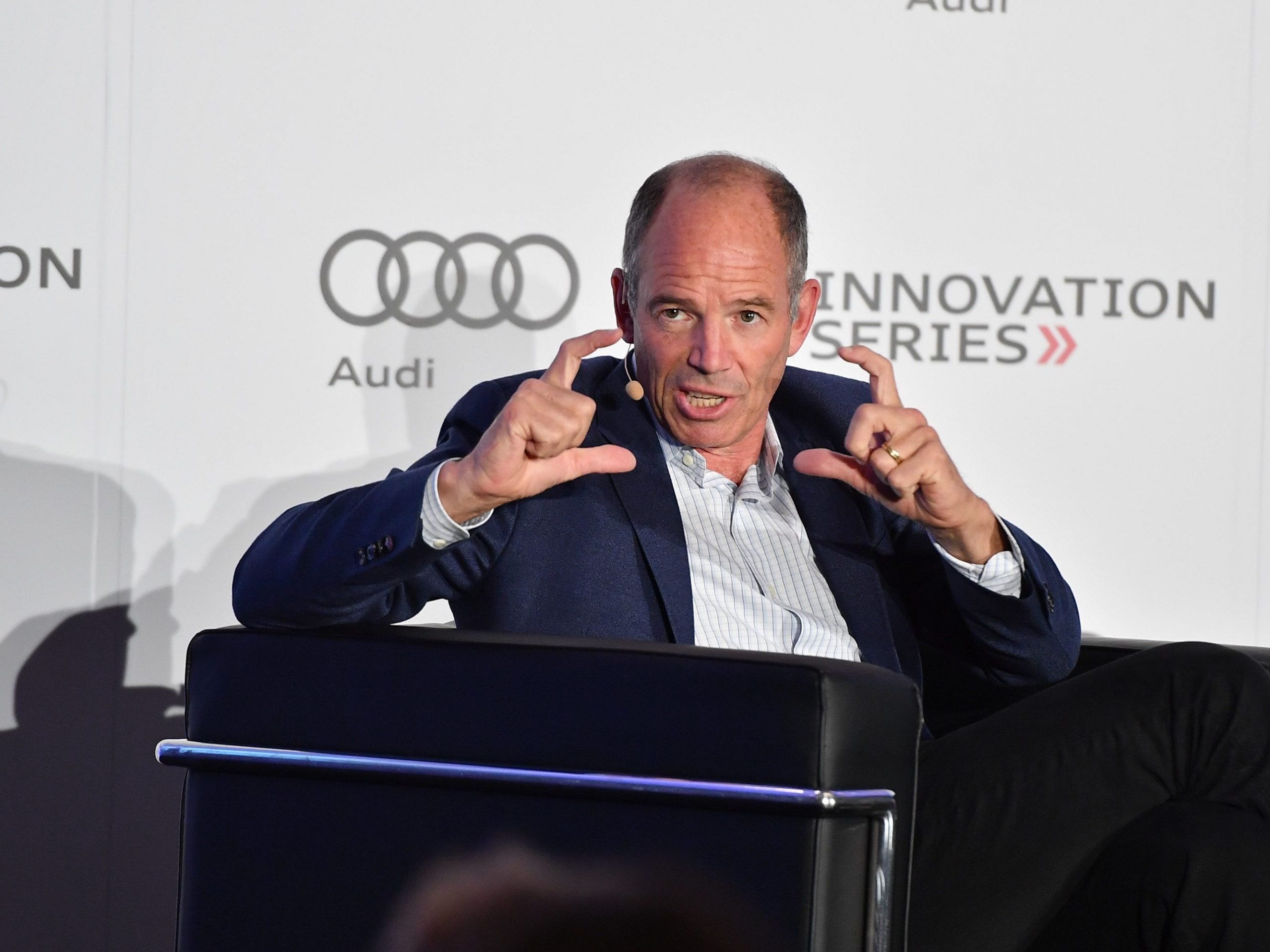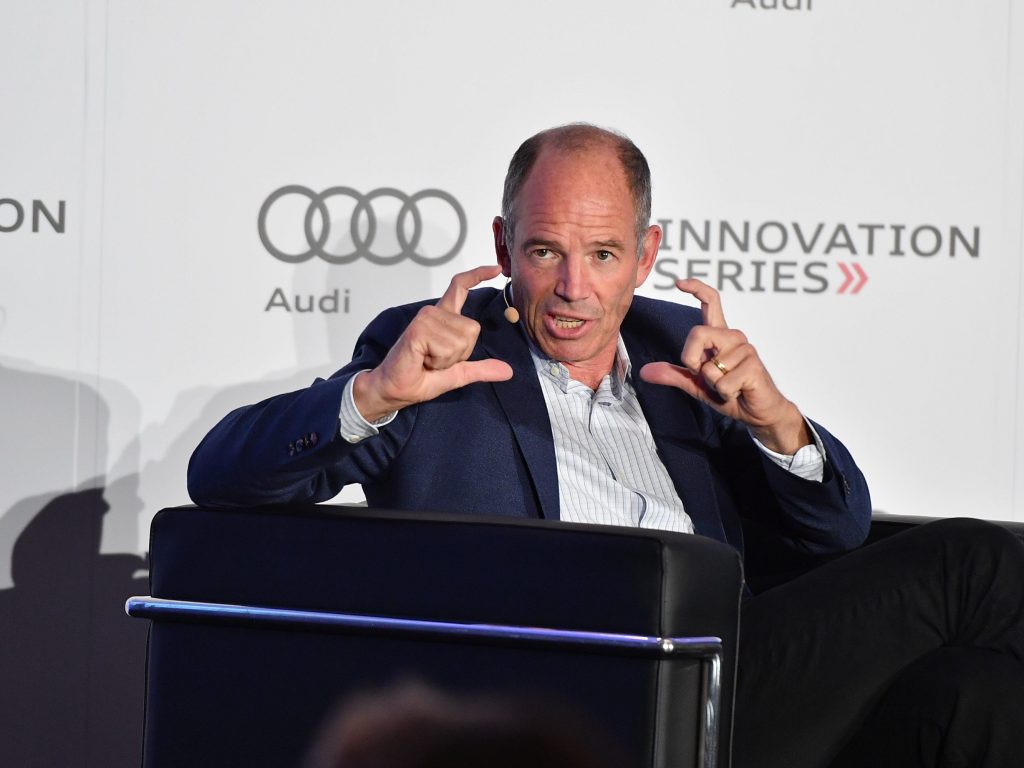
George Pimentel/Getty Images for Audi
- Marc Randolph cofounded Netflix in 1997, and later founded multiple successful startups.
- Speaking to the Qatar Foundation, he said all successful entrepreneurs share three common traits.
- They think less and act more – and crucially know when it's time to walk away, he said.
- See more stories on Insider's business page.
Marc Randolph was Netflix's first CEO. Before he left in 2002, he played a crucial role, as cofounder, in turning the idea of a DVD-by-mail service into a business now worth more than $240 billion.
Randolph has since gone on to found more than half a dozen companies – the most successful being Looker Data Services, which was sold to Google for $2.6 billion – and regularly offers career advice to aspiring entrepreneurs.
On Wednesday, as part of the Qatar Foundation's The Education City Speaker Series, he spoke about what defines a successful entrepreneur. He believes all successful founders share three traits, he said.
A 'predisposition for action'
All successful entrepreneurs think less and act more, said Randolph. "When an idea pops into their head, they spend almost no time thinking about how good this idea is – their mind immediately shifts to what's a quick, cheap and easy way I can try it."
Many aspiring entrepreneurs feel they need a good idea before they can start a company – but this is a "dangerous fallacy," he said.
"There's no such thing as a good idea," Randolph said. "There's only one way to know whether it's a good idea or a bad idea and that is to actually try it."
They can 'triage'
A founder's attention is split between hundreds of competing things, and they usually only have enough resources to manage a handful. The best founders know where to focus their efforts, Randolph said.
"The skill set is this ability to look at the hundreds of things you have to do, and intuitively know there are actually just one, or maybe two things that you need to get right."
This ability to "triage" - to distinguish critical tasks from those that won't make a difference - is what helps companies grow, said Randolph.
Part of triage also means knowing when you can't take a business any further, he said.
"One of the greatest gifts that I've given myself is learning reasonably early on, what I'm good at and what I'm not good at, and what I enjoy what I don't enjoy," Randolph said.
He's a good early-stage entrepreneur, but he's "awful" once companies grow beyond 200 to 300 hundred people, he said.
"Having that insight has allowed me to recognise that I can take a company to a different place, but to bring it the rest of the way I need to find the right people who have the skill set I don't have," he said.
A razor focus on the details
The third trait is simple - but perhaps the most important, he said.
"It's this ability to really say I can dedicate 110% of my time to a very very small subset of items at the exclusion of everything else," Randolph said.
This is impossible if an entrepreneur isn't interested in the sector they're in or the problem they're trying to solve, he said.

